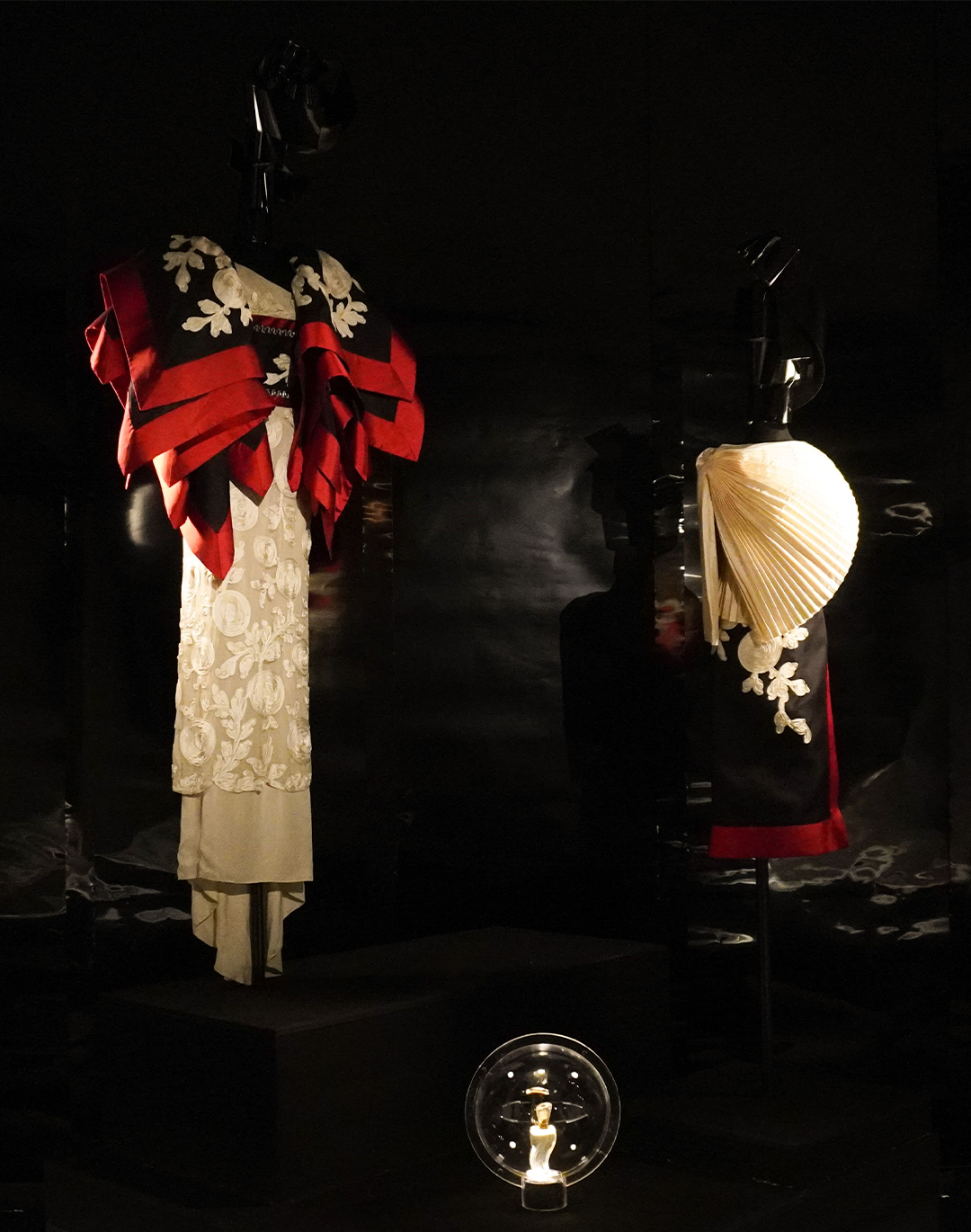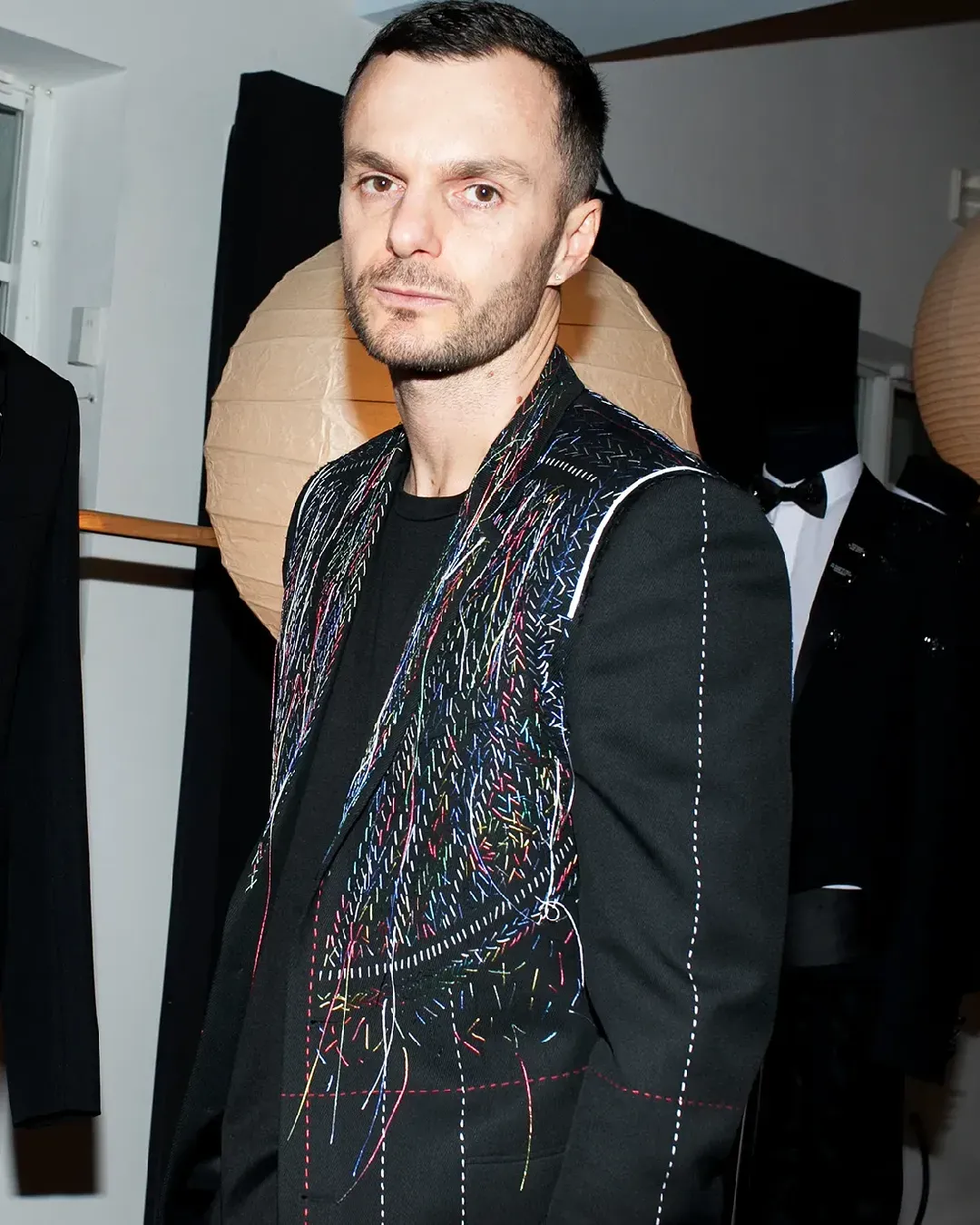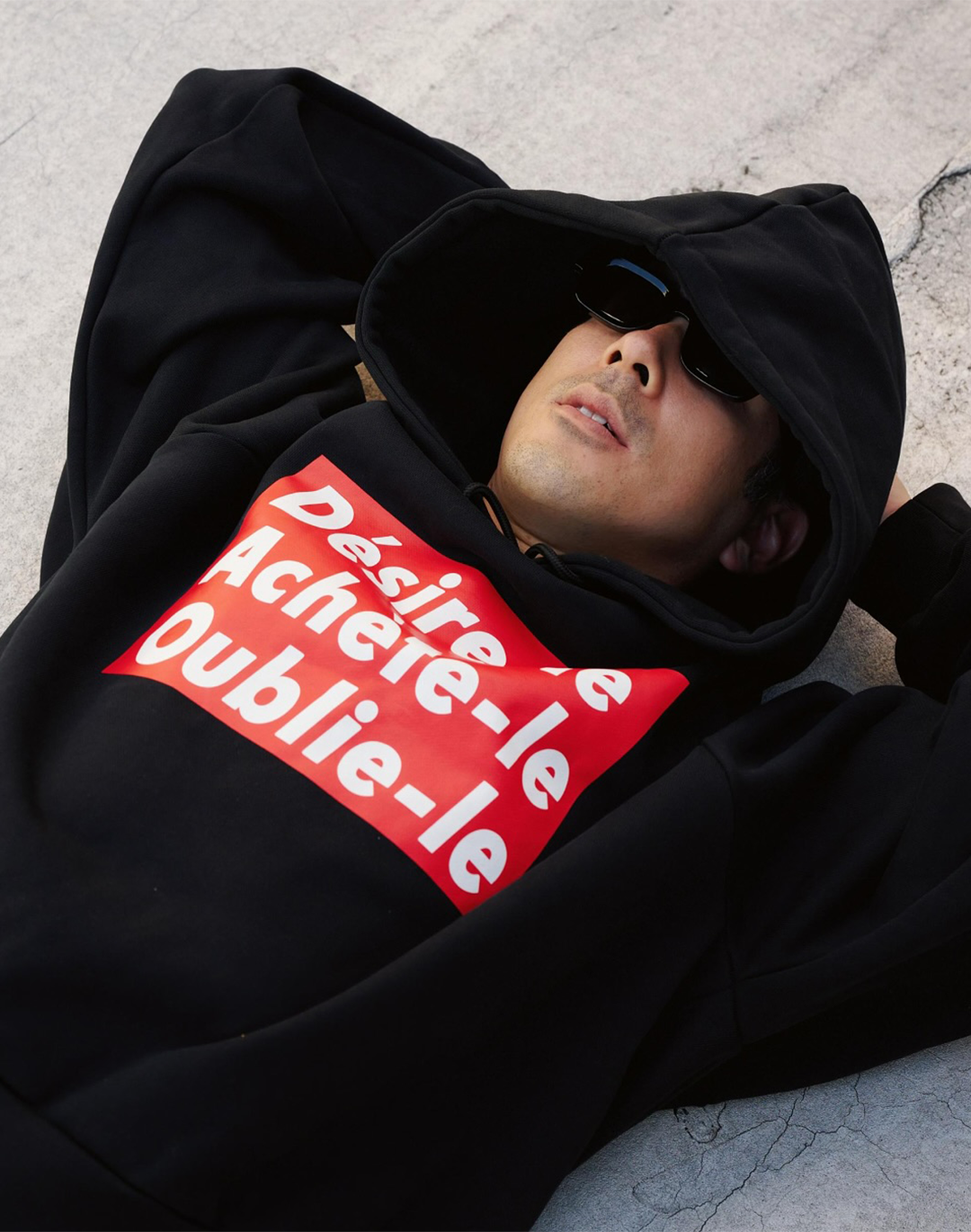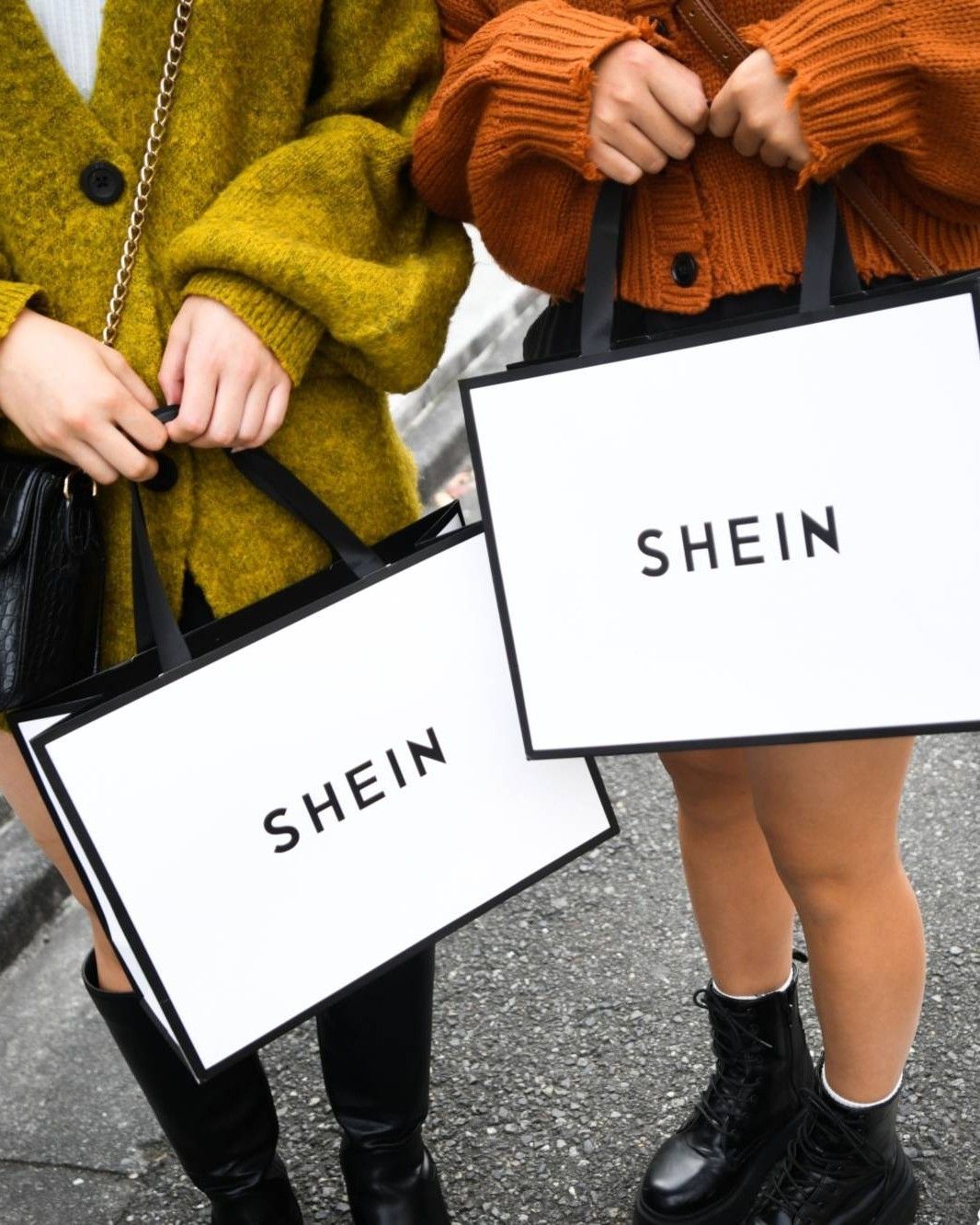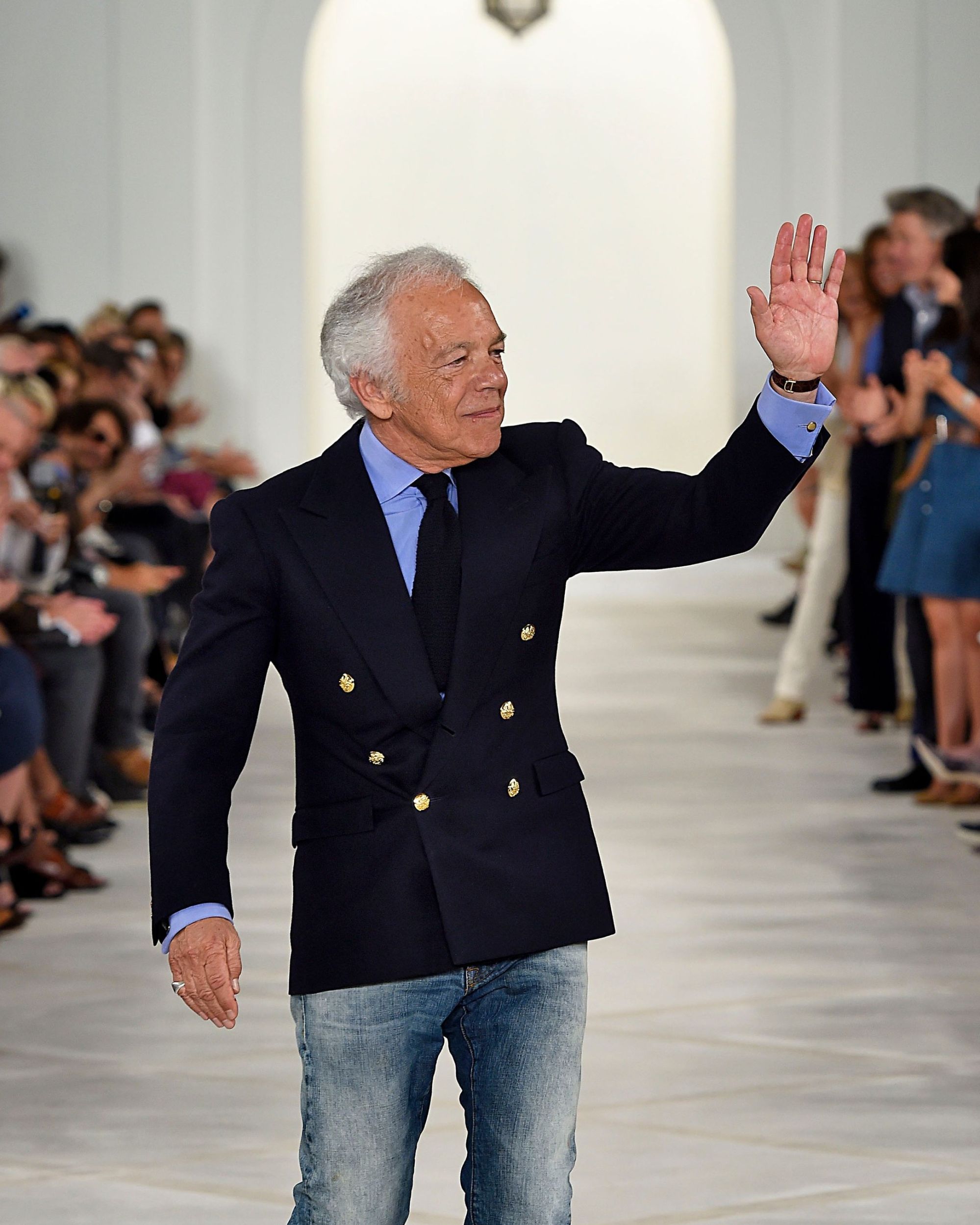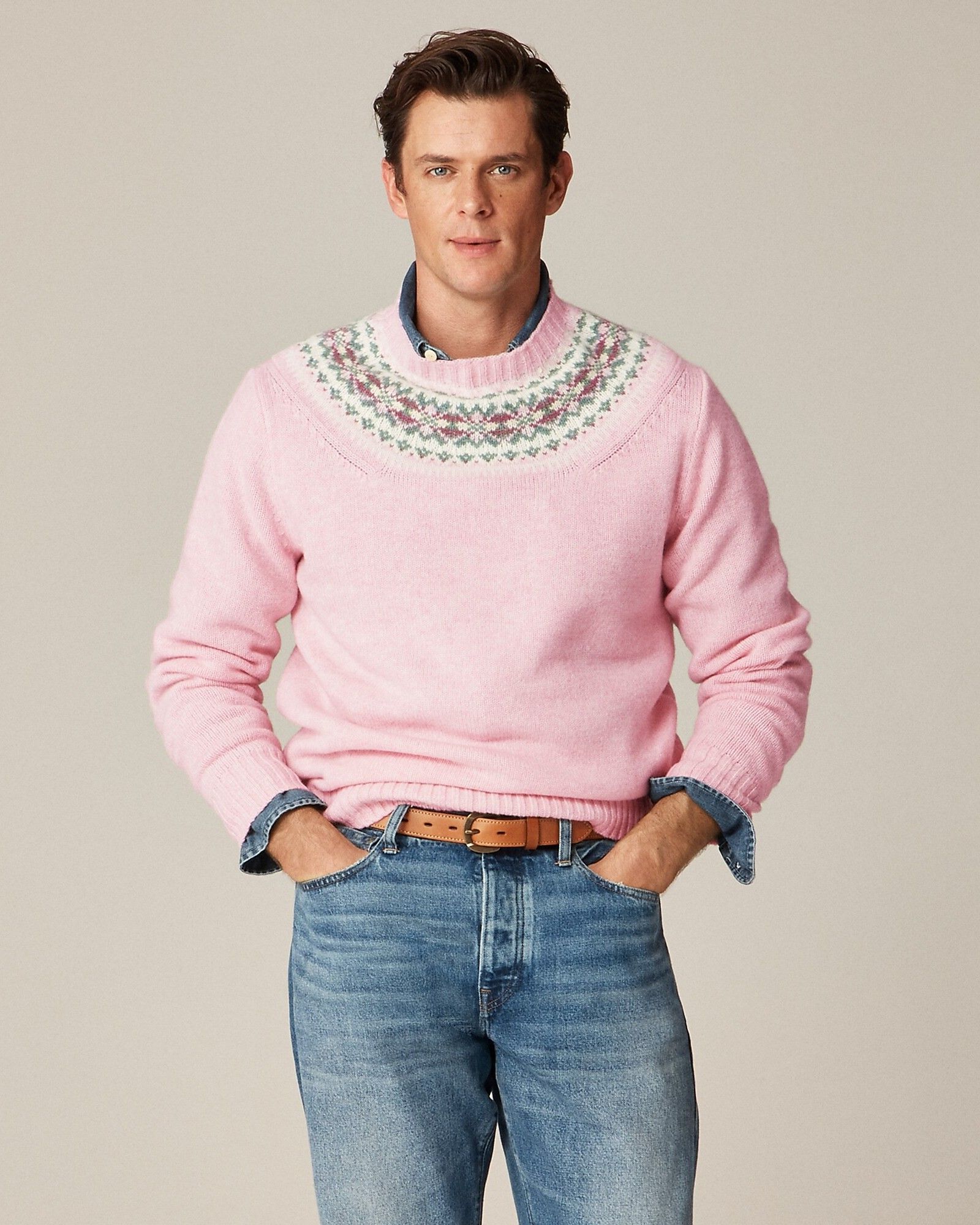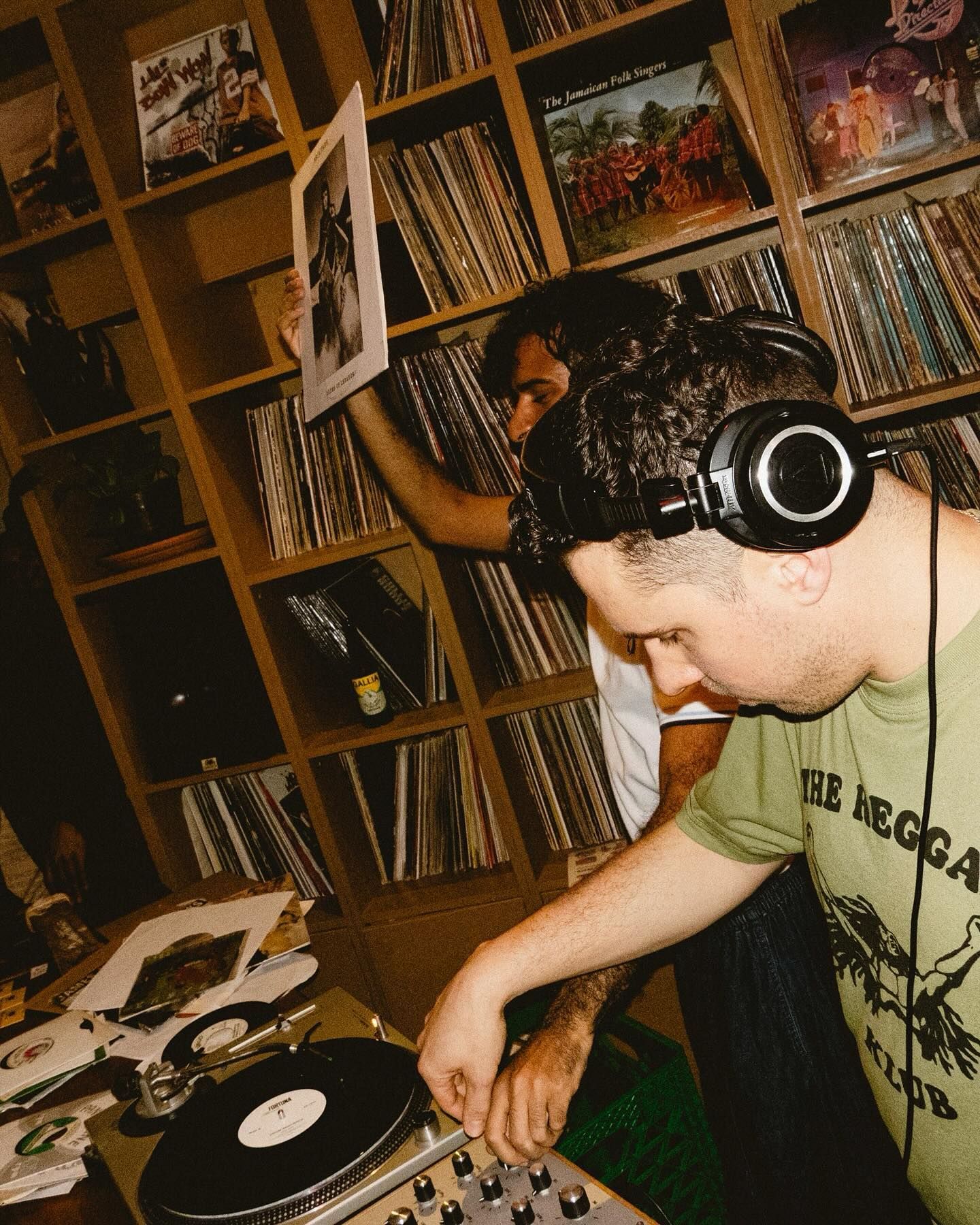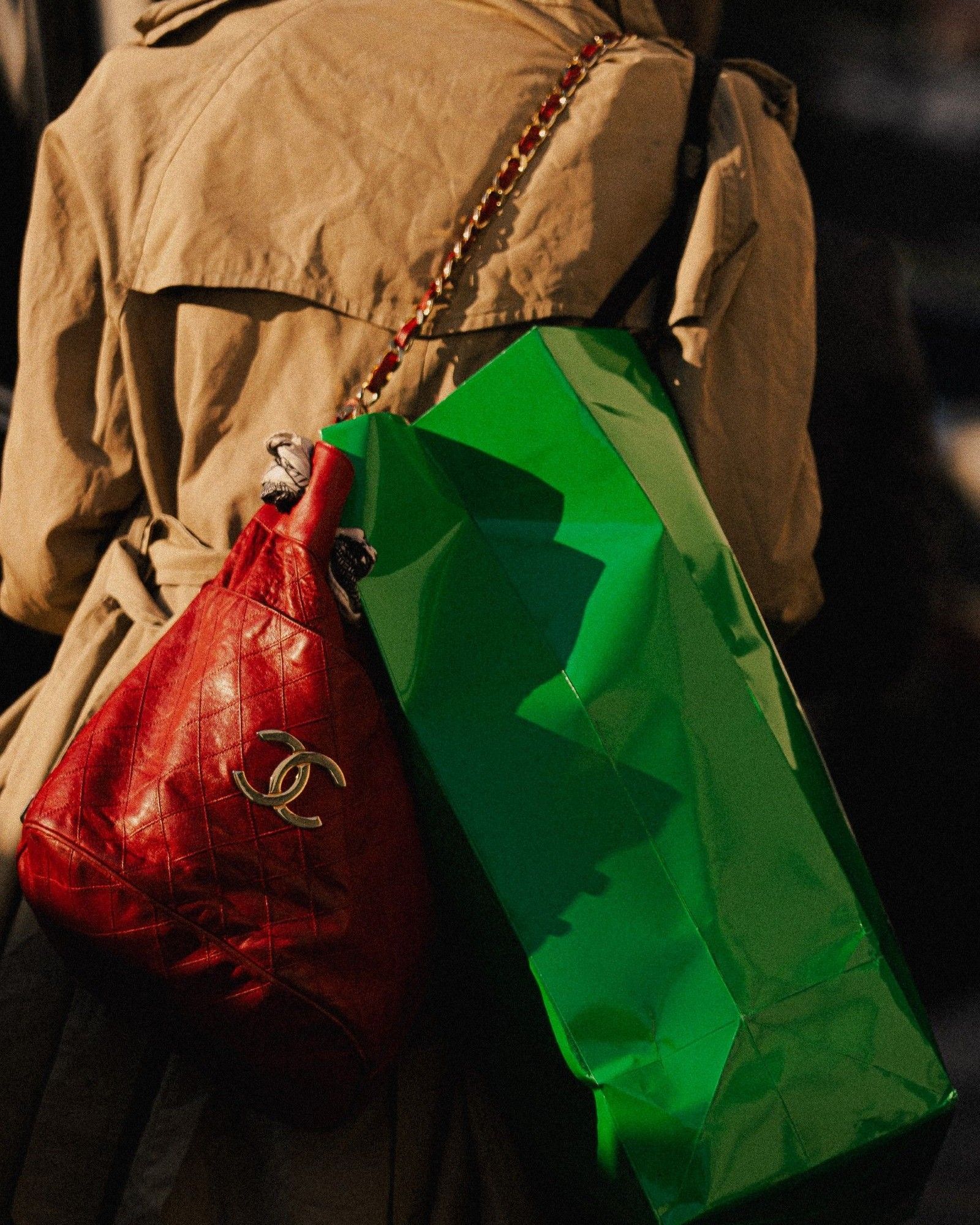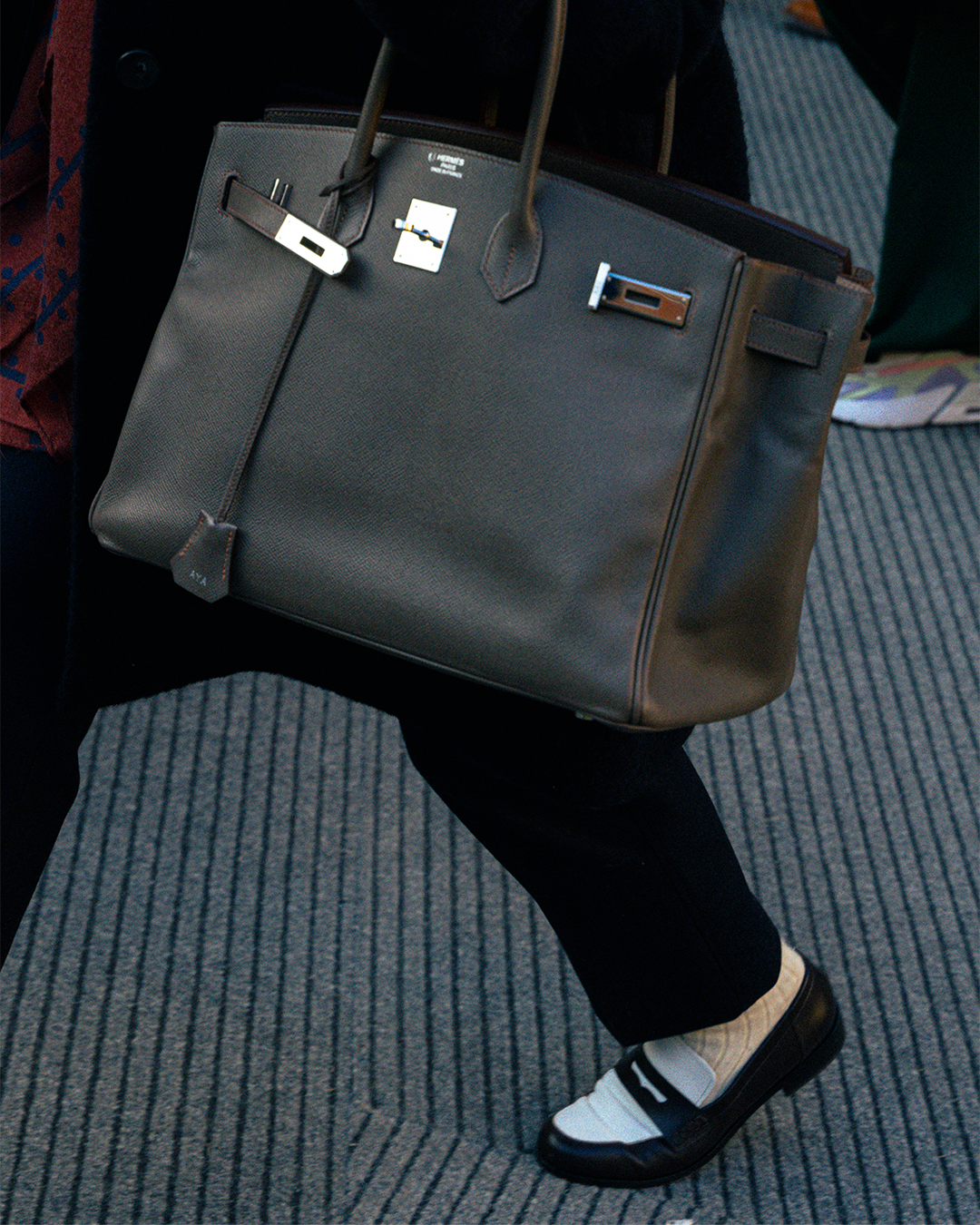
The future of StockX in Europe. Interview with Josh Luber StockX arrives in Europe. We asked its founder how the resell world will change
Over the past weekend, the StockXchange is been held in Paris, a three-day event that will celebrate street culture with talks, workshops and exhibitions, curated by Colette's founder and former creative director, Sarah Andelman. The event was organized by StockX, now the largest resell site in the world, and the fact that it is held in Paris demonstrates the willingness of StockX, in the aftermath of its listing to a billion dollars, to want to establish itself on the European market. The event comes after the opening of two authentication centers in Europe (in London and Eindhoven) and the launch of the platform in some of the most popular European languages. This obviously opens up new scenarios for the future of StockX. nss magazine met with Josh Luber, who in 2015 along with Dan Gilbert, Greg Schwartz and Chris Kaufman, founded StockX, to discuss the importance of the European market and the future of resell.
Almost a year ago, you opened your first authentication center in Europe. How has the situation evolved since then?
What’s interesting is that it started [the expansion in Europe, ed.] even before that. Even when we launched the business in February of 2016, we had customers, buyers and sellers in Europe almost since the beginning. Last year, when we opened the authentication center [in London], it was the first step towards making a truly local experience. And that really comes down to three things. One, if we have a local operation you can get the product quicker from the seller so you can get the buyers their product faster and get the seller their money quicker. In short, more efficency. Second, is using the local language and third is using local payment method. A lot of work has gone in behind the scenes to make sure to stay intra-Europe and even intra-country. Our goal is to match buyers and sellers locally if we can. If you buy a pair fo Air Jordan 3 Black Cement size 10, from a seller in New York City but there’s also someone selling the same pair in Paris, I’d much rather match that person with you, than the person you originally matched with in New York. In addition to our authentication center getting better, opening up the second one and just continuing to go to that team for local marketing, local customer service, local language, everything to make it a truly local experience.
And are you happy with the results you have achieved with the European public by launching the platform in various languages?
We’re certainly happy with the progress so far. It’s always a work in progress. Even the core website is still a work in progress. We’re only three and a half years old. To be a global, multi-vertical marketplace in 2019, you can’t do what eBay and Amazon did twenty years ago and just be the same thing for everybody. You have to be a collection of local niche marketplaces. And in the same way we have to be to be truly local for Italians, Germans and French. We do the same thing by product, we have sneaker-specific content, we have handbags-specific content and so on. As you know language goes a long way, it’s one of those things you can’t fake, you can’t put it into a Google Translate and just have your site. You have to have actual Italian speakers to write the content. That stuff takes time. So, we’re super happy about the progress so far, but I don’t think we’re done, it’s only just started.
And have you noticed differences between the Italian public and the American one?
What’s awesome is that, at the top, there’s almost no difference. We sell the most highly-coveted products in the world: Nike, Yeezy, Louis Vuitton, Supreme, Rolex… We’re super fortunate to sell those products that everybody wants. Now, underneath that, that second layer in the long tail of consumer taste definitely looks different. Obviously, there are some macro-trends that we’re sort-of familiar with. Europeans generally being more runner-focused, as opposed to the Asians being more basketball-focused. For the most of what we sell and most of our customers, it is very very similar. Which is: “How do I get the latest Jordans? How do we get the latest Yeezys? How do we get the last Louis Vuitton?” That’s what really drives our business.
Your StockXchange held in Paris. Why did you choose Paris?
It’s kinda the same reason we started in Tokyo, in Japan, even though there are obviously a lot of other big and important cities and markets in Asia. For us, the next evolution of our business is being close to the brands, is to working with brands to release products directly on site. For us the center of opportunity focuses around Paris Fashion Week, because Paris becomes relevant to the brands and everything else. It's a really important driver for the future of our business.
Recently you're also very focused on IPO, which in a way is a very innovative process. What's the biggest gain in it?
We’ve only done a few. From a business standpoint, it’s a minor piece of our revenue. But it represents what we think is truly a revolution in the way the people buy and sell products and the way the products get released on the market and the way consumers receive them. What’s cool about that is that we didn’t make this up. All we’ve done is copy how the stock market works. This has been a really efficient way to price assets that are supply-and-demand constrained. People wanna know: “What is this actually worth?” So far there’s been three big ones. And all three of them worked almost perfectly in how I feel they should work in theory. Which is the product ended up going into the market at a true market price that everyone felt was a fair price. But that price was actually a little bit greater that what retail woud have been. But it was still less than what resell has been. And so people who bought it continued to resell it if they wanted. But it had this very equitable distribution in terms of how people had access to that product. You didn’t have to “know a manager” or sleep outside a sneaker store. We’ve been unbelievably happy with them.
And what consequences do you think this model could have for the retail world?
When today we do an IPO, it’s an online event. If it comes to it, we make an actual physical event. But the idea, twelve or thirteen months from now, is that every Monday morning you have the twenty products that are IPOing on StockX that week. And it just becomes like the retail landscape in terms of how certain products get released. They’re not get released at a retail price, they don’t get released at a drop. They’re being IPOed this week, that’s how you can get them and it becomes a normal part of the flow. We don’t look at ourselves as an alternative retail channel but as an alternate tool for the brands to be able to control their release. And that could be a massive change on how the retail landscape looks today.
Since you opened StockX, the resell landscape has expanded a lot. Could you have predicted how much it would grow?
When you’re starting, you never think “This is gonna be a really big company”. Today StockX is bigger than we thought the entire resell market was in 2015. It’s a testament to the fact that what we’ve created worked and it helped grow the market and the market itself also has been growing and there’s been a lot of other really important and well-performing companies that have also helped do that. There was just this open question of wether it would work. But the logic that this model should work for resell, for sneaker and for streetwear was so sound. The stock market is the perfect form of commerce and we were copying that. The theory was definitely sound.
Although the resell has become a very large market, it has also received criticism. StockX too has faced some criticism. How did you handle this?
What’s interesting is that, in the very beginning, we felt each one of those tweets and posts and the criticism so much more strongly. I used to be on Twitter and I would argue with people. Because it was so personal at the time, also because we were fighting for our existence. Now we have a whole customer service, a social team and a content team and it’s different. Some people wanna hate and wanna troll. You just have to appreciate that that is just the way it is but on the other hand there’s really good feedback in that.


